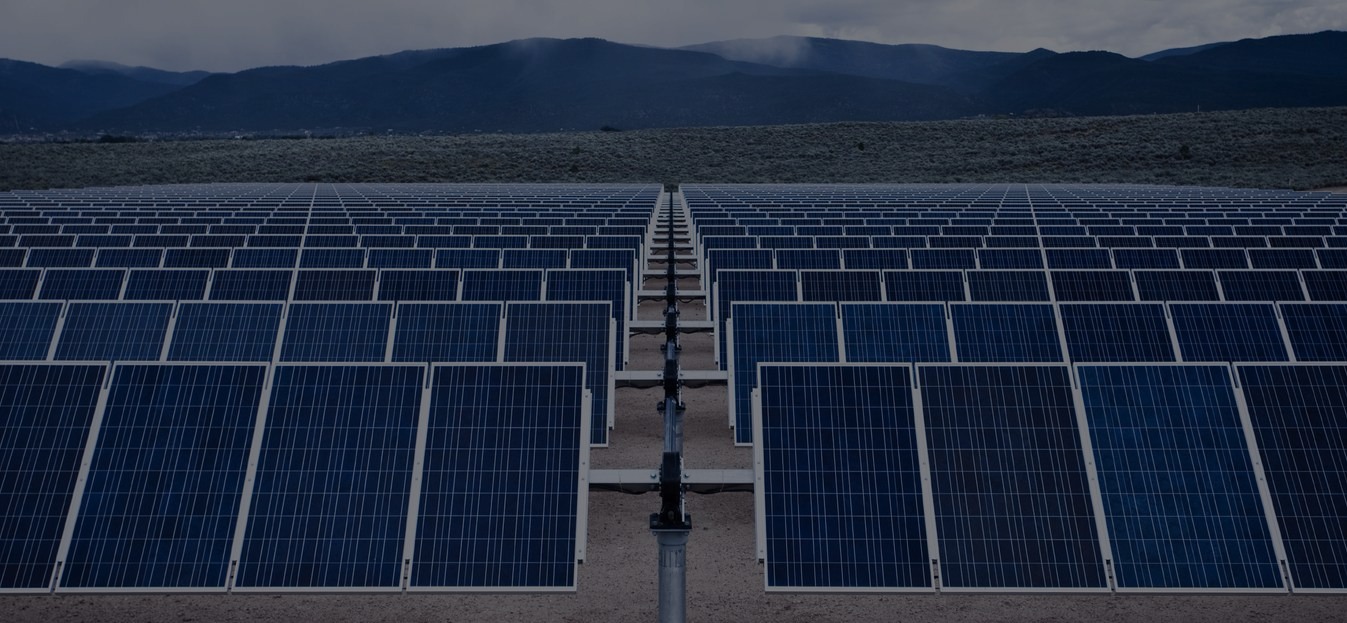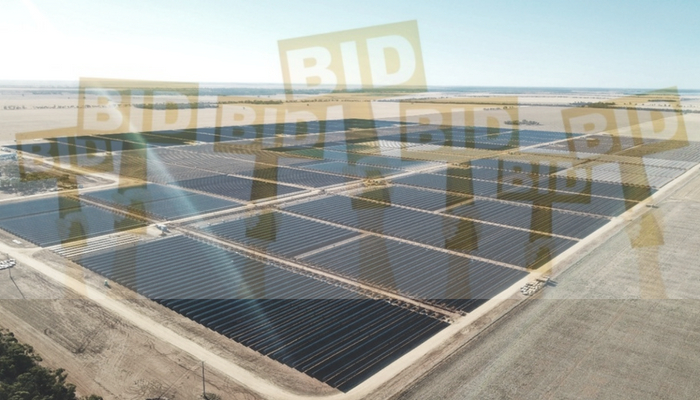The sunny state of Rajasthan tends to tilt the clear skies in its favour, charging urban development with solar power.The unified building bylaws implemented in the state make harnessing solar power an essential component for large mansions and public spaces.The bylaws have also attempted to address the issue of water scarcity by making water recycling mandatory at all development projects.The bylaws applicable across the state also grant five per cent additional construction area for ‘green buildings.’
Now, hospitals, hotels, hostels, lodges, community centres and even residential buildings proposed on plots of more than 500 square metres will be required to make provision for solar infrastructure to light up public spaces and corridors. “Such measures have been adopted in several countries, we too need to move in the direction. It might come as an additional expense but is much needed,” says Divya Pandya, promoter of a private architect firm.
The developer’s too have welcomed the decision as necessary for sustainable development.“This though raises cost of construction that is sometime seen as a burden by end buyer, however, as now government makes them mandatory everyone will have to abide by the same,” says Anurag Sharma, president CREDAI,Rajasthan.
The bylaws make it necessary to have a tree planted on the project for every 80 square metre of the area. There are also provisions for solid waste management and rain water harvesting.
‘TYPE DESIGNS’ TO REMAIN INTACT
Even as projects approved before the implementation of the unified building bylaws will be permitted to continue with the pre-approved designs, the clause for keeping ‘type design’ intact is expected to concern thousands of properties developed by housing board. The new bylaws prohibit any change in the pattern of properties developed on ‘type design,’ which includes most of housing board houses.
“No development can be permitted at housing board colonies in deviation from the design approved at the time of allotment of the property,” additional chief secretary urban development, Mukesh Sharma told DNA on phone.
However, the ground situation contradicts claims of the department. Most colonies developed by housing board and later transferred to local bodies have underwent rampant illegal construction. At many places the local bodies have also approved building plans that were different from the building design originally approved by the housing board.
RECYCLING ‘NON SEWAGE’ WATER
The building bylaws though make it essential for providing a sewage water plant on all projects to be developed on area of more than 10,000 square metres, a separate facility for treating non sewage waste water will be required on projects of size more than 5,000 square metres.
The provision insists that waste water from kitchen and bathrooms should get treated separately and used for purposes such as gardening and flushing the waste.This will require development of settling tank, disinfecting the water with chlorine or iodine and thereafter filtering it with filters using activated charcoal, cellulose or ceramic cartridges.
In the process, the waste water of kitchen and bathroom shall not be allowed to be contaminated with water from urinals. However, the projects that have a sewage treatment plant can treat all the waste water at the plant and use it for gardening and similar purpose.
PARKING FACILITY, CONCERN FOR DEVELOPERS
New building bylaws tend to take note of the increasing vehicle numbers and associated parking issues. The bylaws provision for one ECU per 75 square metre of developed commercial space while at institutional areas, the parking shall be ECU per 50 square metre.
“This will require developing lot more parking space than required, also will make the projects unnecessarily costly,” says a developer. “It would be more justified if the parking for commercial spaces could be adjusted to somewhere around one ECU per 115 square metre,” he suggests.
As per the bylaws, one ECU per 115 square metre is required at residential buildings, hostels, cultural and educational institute buildings. While for amusement park the criteria is relaxed to an ECU per 500 square metre. The cinema halls and theaters will have to provision an ECU per 10 seats while at stadium there must be one ECU per 20 seats.
Source: http://www.dnaindia.com/jaipur/report-solar-power-must-for-big-buildings-2554449


